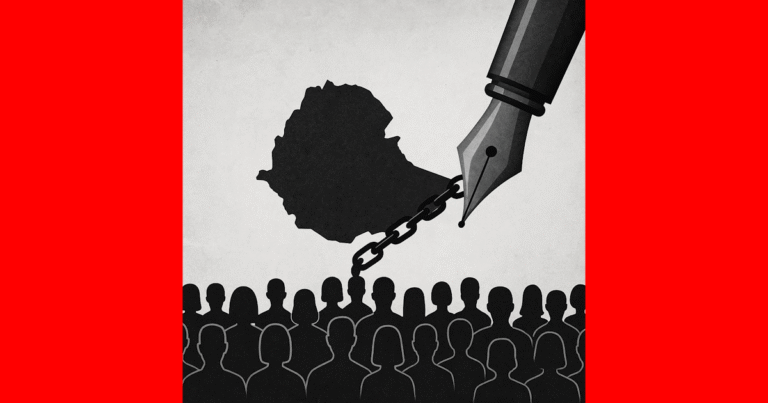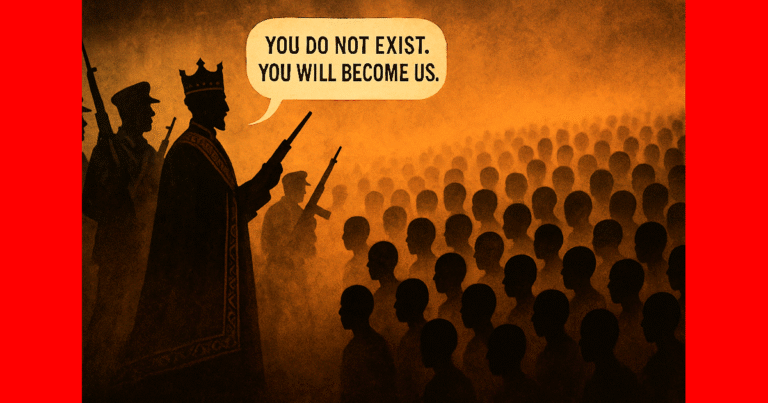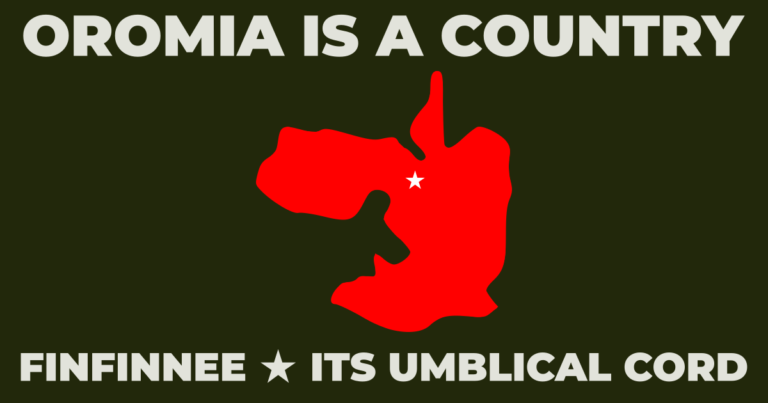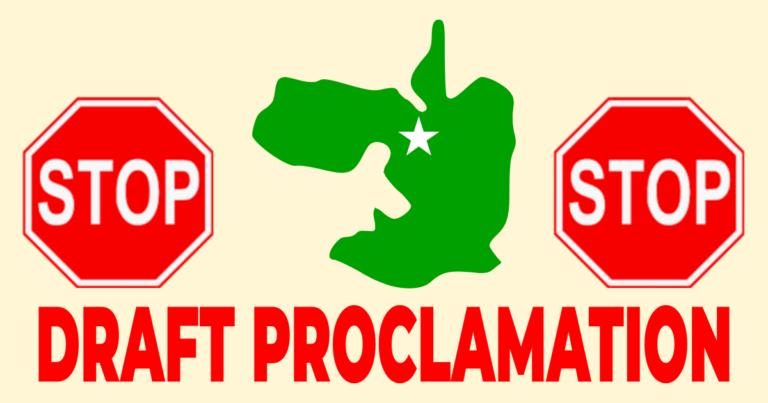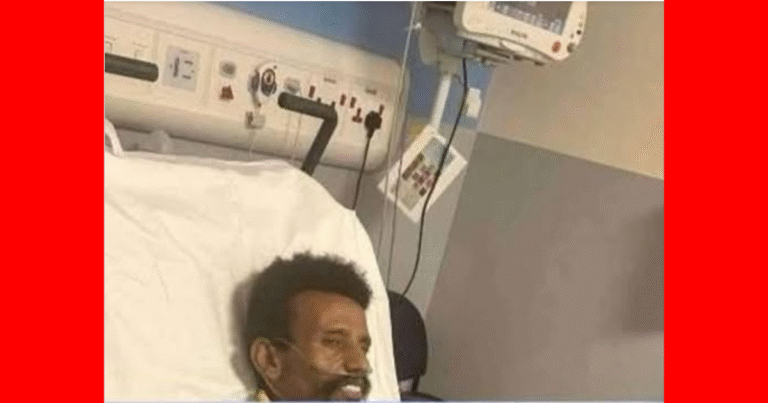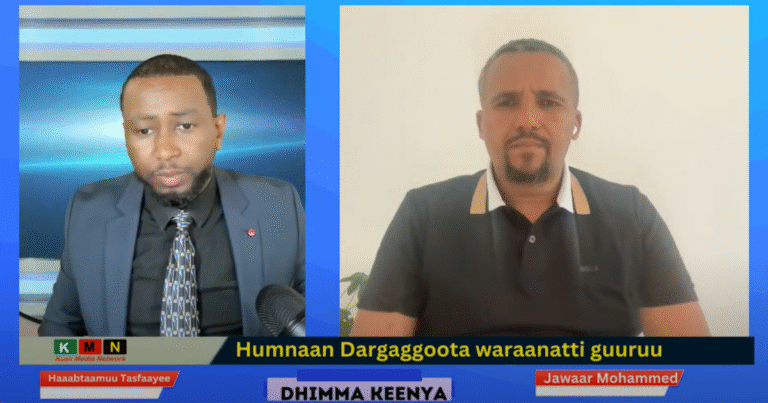1 July 2020
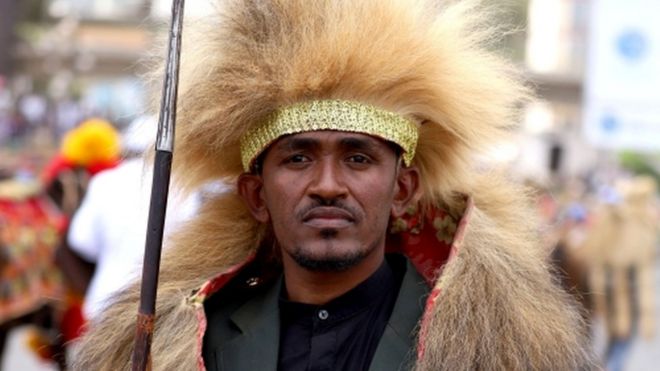 Image copyrightREUTERS
Image copyrightREUTERSAt least 81 people have been killed in Ethiopia after the death of a popular singer sparked huge protests in the Oromia region, a police chief said.
Thousands of fans had gathered to mourn Hachalu Hundessa, who was shot dead on Monday night while driving.
Police say 35 people, including prominent politician Jawar Mohammed, have been arrested.
The motive for Hachalu’s killing remains unclear.
But police say they have arrested two people in connection with the killing.
Hachalu, 34, recently said that he had received death threats. He will be buried on Thursday.
His songs focused on the rights of the country’s Oromo ethnic group and became anthems in a wave of protests that led to the downfall of the previous prime minister in 2018.
“So far 81 people have been killed, including three Oromia special police force members,” Ararsa Merdasa, the Oromia police chief, said in a televised press briefing.
Many people were injured in Tuesday’s protests and there was “significant destruction to property,” Getachew Balcha, the spokesperson for the Oromia regional government, told the BBC.
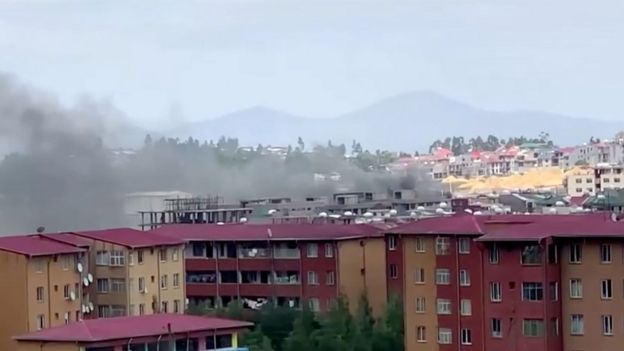 Image copyrightREUTERS
Image copyrightREUTERSThe authorities shut down the internet on Tuesday in parts of the country as the protests against his killing spread across Oromia region – there are reports of more unrest on Wednesday.
The military was deployed in the capital, Addis Ababa, while armed gangs roamed the streets, reports the Reuters news agency.
Why was Jawar arrested?
Trouble started when Hachalu’s body was being transported to his native town of Ambo, west of Addis Ababa for burial, but Mr Jawar and his supporters intercepted it and tried to return it to the capital.
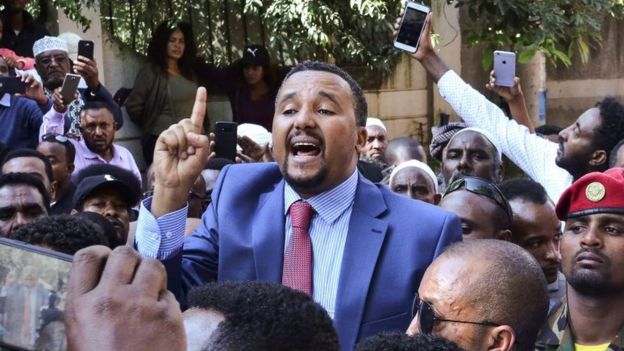 Image copyrightAFP
Image copyrightAFPFederal Police commissioner, Endeshaw Tassew, said on Tuesday that a stand-off ensued.
“There was a disturbance between federal security forces and others, and in the process one member of the Oromia special police force was killed,” Mr Endeshaw said.
“Thirty-five people including Jawar Mohammed have been put under arrest. The security forces have taken eight Kalashnikovs, five pistols and nine radio transmitters from Jawar Mohammed’s bodygaurds,” he added.
Tiruneh Gemta, an official from Mr Jawar’s Oromo Federalist Congress party, told the BBC Afaan Oromoo service they were “concerned” about his arrest and that they hadn’t visited “those who’ve been arrested due to the security situation”.
Mr Jawar, a media mogul, has led calls for more rights for the Oromo, Ethiopia’s largest ethnic group, who have been politically marginalised by previous governments.
He supported reformist Prime Minister Abiy Ahmed, himself an Oromo, but has since become an ardent critic.

‘More than an entertainer’
By Bekele Atoma, BBC Afaan Oromo

Hachalu was more than just a singer and entertainer.
He was a symbol for the Oromo people who spoke up about the political and economic marginalisation that they had suffered under consecutive Ethiopian regimes.
In one of his most famous songs, he sang: “Do not wait for help to come from outside, a dream that doesn’t come true. Rise, make your horse ready and fight, you are the one close to the palace.”
The musician had also been imprisoned for five years when he was 17 for taking part in protests.
Many like him fled into exile fearing persecution but he remained in the country and encouraged the youth to struggle.

What happened in the protests?
In Adama, 90km (56 miles) south-east of Addis Ababa, five people died on Tuesday after being shot during demonstrations and 75 others were injured, hospital chief executive Dr Mekonnin Feyisa told BBC Afaan Aromo.

In the eastern town of Chiro, two people were shot dead during protests, a medic at the local hospital told the BBC.
In the eastern city of Harar, protesters pulled down a statue of a royal prince – Ras Makonnen Wolde Mikael – who was the father of Haile Selassie, Ethiopia’s last emperor.
The statue shows Ras Makonnen, an important military figure and former governor of Harar province in the 19th Century under then-Emperor Menelik II, sitting on a horse.

In a recent interview with local TV station Oromia Media Network, owned by Mr Jawar, Hachalu had said that people should remember that all the horses seen mounted by old leaders belonged to the people.
Prime Minister Abiy Ahmed expressed his condolences saying in a tweet that Ethiopia “lost a precious life today” and describing the singer as “marvellous”.
The musician’s death and the protests come as political tensions rise following the indefinite postponement of elections due in August, on account of the coronavirus pandemic.
They would have been the first electoral test for Mr Abiy after he came to power in April 2018.
Why have Oromos been protesting?
The Oromo, Ethiopia’s largest ethnic group, have long complained of being sidelined.
Demonstrations erupted in 2016 and pressure built on the government.
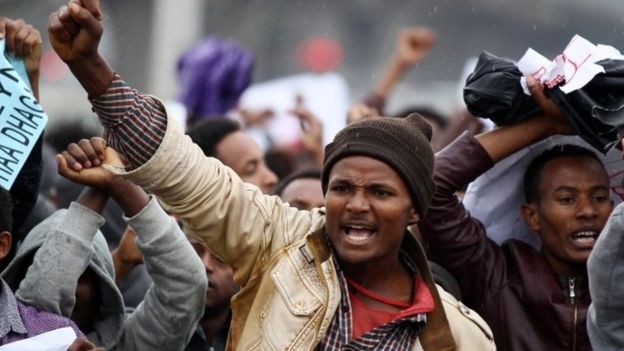 Image copyrightREUTERS
Image copyrightREUTERSThe ruling coalition eventually replaced then-Prime Minister Hailemariam Desalegn with Mr Abiy.
He has brought in a series of reforms, which have transformed what was considered a very oppressive state.
He won the Nobel Peace Prize in 2019 primarily for making peace with long-time foe Eritrea, but his efforts in transforming Ethiopia were also recognised.

